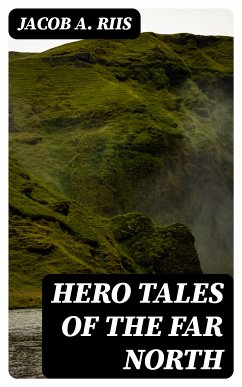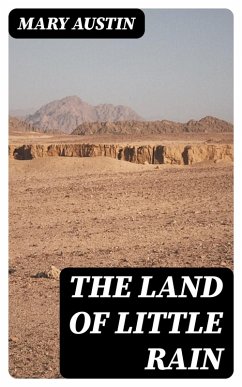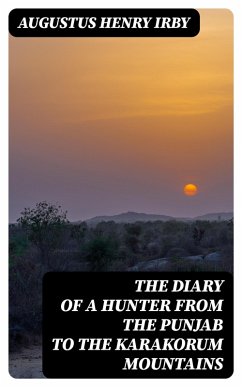
The Call of the North (eBook, ePUB)

PAYBACK Punkte
0 °P sammeln!
In "The Call of the North," Stewart Edward White immerses readers in the rugged wilderness of the American Northwest, crafting a vivid narrative that intertwines adventure, nature, and the quest for personal revelation. Through a rich, descriptive prose style that epitomizes early 20th-century American literature, White evokes the expansive landscapes and primal beauty of the North. The novel explores themes of self-discovery and the relationship between man and nature, set against a backdrop of vibrant characters and poignant moments that reflect the transformative power of the wild. Stewart ...
In "The Call of the North," Stewart Edward White immerses readers in the rugged wilderness of the American Northwest, crafting a vivid narrative that intertwines adventure, nature, and the quest for personal revelation. Through a rich, descriptive prose style that epitomizes early 20th-century American literature, White evokes the expansive landscapes and primal beauty of the North. The novel explores themes of self-discovery and the relationship between man and nature, set against a backdrop of vibrant characters and poignant moments that reflect the transformative power of the wild. Stewart Edward White was not only a prolific author but also an ardent outdoorsman whose experiences in the backwoods significantly informed his writing. Born in 1872, White traveled extensively in the American wilderness, his fascination with the untamed elements of nature offering a profound lens through which he articulated themes of adventure and introspection. His firsthand experiences served as a catalyst for the authentic and immersive world he meticulously crafted in "The Call of the North." For anyone yearning for a gripping exploration of the natural world and the human spirit, this novel stands as a testament to the beauty of solitude and the allure of adventure. Readers will find within its pages a compelling narrative that not only entertains but also invites reflection on the enduring pull of the wild.
Dieser Download kann aus rechtlichen Gründen nur mit Rechnungsadresse in A, B, BG, CY, CZ, D, DK, EW, FIN, F, GR, H, IRL, I, LT, L, LR, M, NL, PL, P, R, S, SLO, SK ausgeliefert werden.













